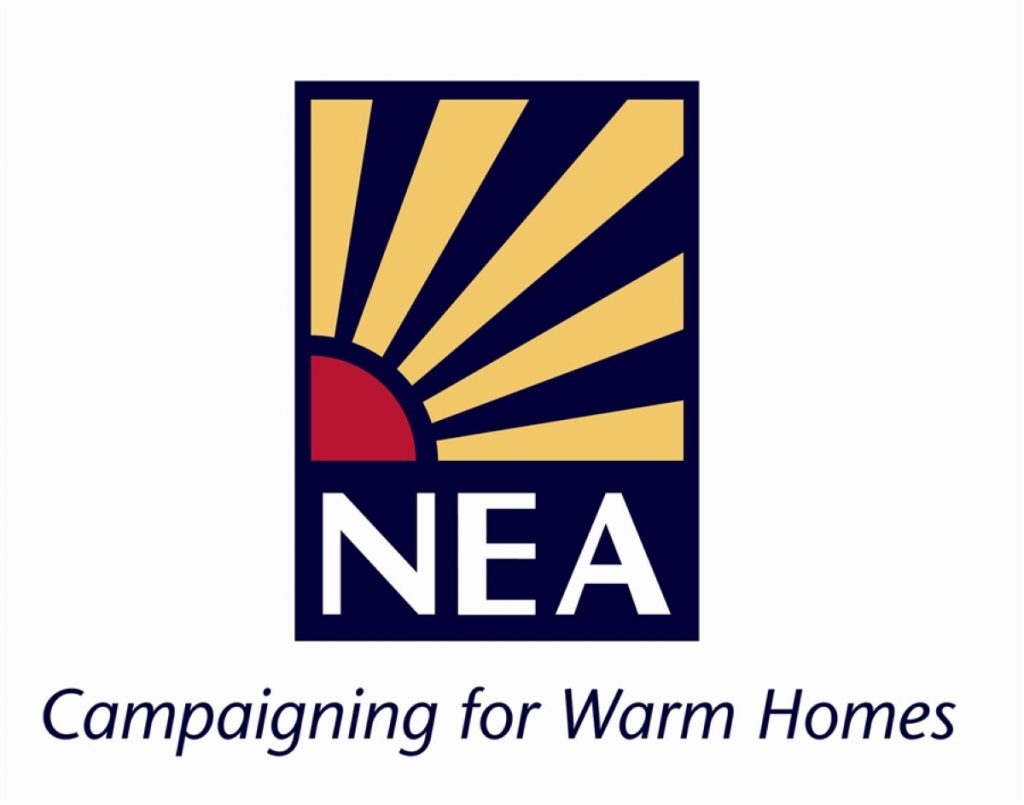NEA charity response to Government Statement on tackling energy bills
National Energy Action (NEA) welcomed the Government's statement to Parliament today which will save the poorest households £1 billion a year on their fuel bills by setting legal targets to make their homes more energy efficient but calls on the Government to move more quickly to achieve their targets.
The much awaited announcement follows an independent review of the fuel poverty definition and target, and reforms set out in the Energy Act last year, where the Coalition Government repealed legislation to eradicate fuel poverty in England by 2016.
Jenny Saunders, Chief Executive of fuel poverty charity NEA, responds to today’s announcement:
“Today the Government has recognised that a higher energy efficiency housing standard (Energy Performance Standard Band C) is essential to ending the preventable suffering caused by fuel poverty and have set out a legislative framework and strategy to achieve this. This standard will mean that 95% of the 2.3 million households in fuel poverty in England will have homes that are significantly cheaper to heat. But the charity is concerned that the timescales are much too slow.
"Whilst we applaud the Government’s commitment to address the least energy efficient properties by 2020, there is a significant risk that over a million fuel poor households will continue to live in hard to heat homes by 2025 and the £1billion savings on bills will not be achieved. This could leave the poorest households continuing to ration their heating over the next ten years and spending far more of their limited budgets on energy than is necessary. A transformative programme of housing improvements is needed to get the job done far quicker and a commitment to additional and adequate resources to guarantee we do not leave the majority of the fuel poor households still living in expensive-to-heat homes, over the next five to ten years. Without this, we will need to enhance income supplements such as Winter Fuel Payments, rebates through the Warm Home Discount scheme, hardship funds and energy company debt write off schemes."
Jenny Saunders added:
“NEA will work with its members and partners across the country in coming weeks to ensure the voices of the fuel poor are heard through the consultation period on the Government’s Fuel Poverty Strategy and to ensure the policies and programmes that underpin it are properly resourced and are deliverable. The next phase of the Energy Supplier ECO and the Warm Home Discount scheme must have a particular focus on those living off the main gas grid and in poor health where help is most urgently needed to avoid excess bills and excess winter mortality.”
NOTES TO EDITORS
The Government’s Ministerial Statement is included in the annex below and the link to the consultation on the new fuel poverty strategy in England can be found here». The new targets, set out in a statutory instrument tabled today in Parliament, require that all fuel poor households must be bought up to a minimum of EPC band C by 2030 with interim targets of a minimum of EPC band E by 2020 and D by 2025.
NEA believes fuel poverty is caused by a combination of low incomes, high energy prices and poor standards of heating and insulation. Many people, worried about rising fuel bills, ration their heating with detrimental effects on their physical and mental health, and every year, around 25,000 more people die over the winter months compared with the non-winter periods. The Government's recent fuel poverty statistics highlighted that fuel poverty levels in England (under the new Low Income High Cost definition) are projected to have increased from 2.28 million in 2012, to 2.33 million in 2014. The gap between what these households need to spend (when compared to non-fuel poor households) is also projected to have increased from £1 billion in 2012, to £1.1 billion in 2014; and the average individual gap was projected to increase from £443 in 2012 to £480 in 2014. The statistics also show that the poorest continue to live in the worst homes with the depth and likelihood of being fuel poor increasing markedly with lower levels of energy efficiency. DECC’s 2014 annual statistics on fuel poverty (2012 data) can be found here».
NEA has been working with the End Fuel Poverty Coalition and the Government’s Fuel Poverty Advisory Group in England to propose minimum energy efficiency standards which are suitably ambitious and set a target of EPC band D by 2020, band C by 2025 and EPC band B by 2030 for all homes occupied by low income households. EPC band B is the minimum standard for a home built today. Energy efficiency is measured by Energy Performance Certificates (EPCs), with ‘A’ representing very high performance and ‘G’ very poor. Band D is currently the average energy efficiency rating of all the English housing stock. This accounts for 70% of dwellings in 2012. However, the poorest households have failed to keep pace with these general improvements. The average SAP rating in 2012 for fuel poor households in England is E with well over a million fuel poor households in this band alone. In the Government’s own words “These are the lowest SAP ratings, and tend to reflect the least energy efficient properties or those with the most expensive heating systems” [Annual Fuel Poverty Statistics Report, 2014].
Annex 1 – WRITTEN MINISTERIAL STATEMENT
THE RT HON EDWARD DAVEY MP: SECRETARY OF STATE FOR ENERGY AND CLIMATE CHANGE
http://www.parliament.uk/business/publications/hansard/commons/todays-written-statements/





-01.png)